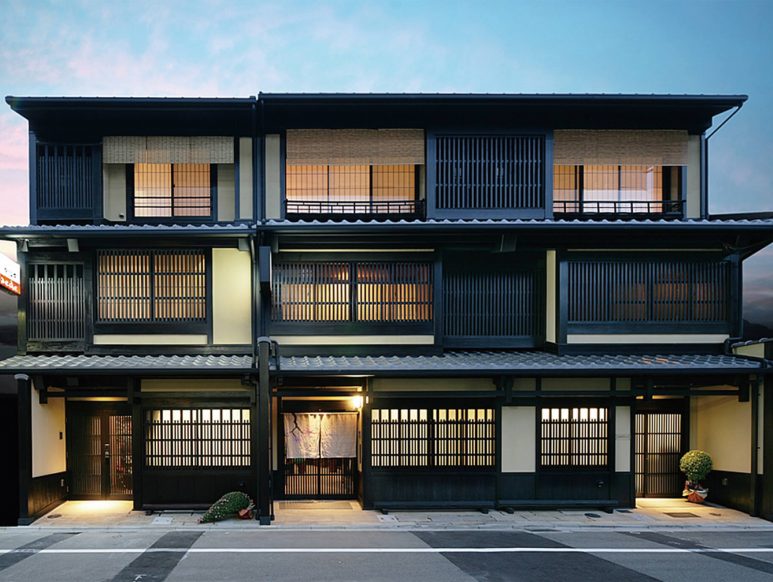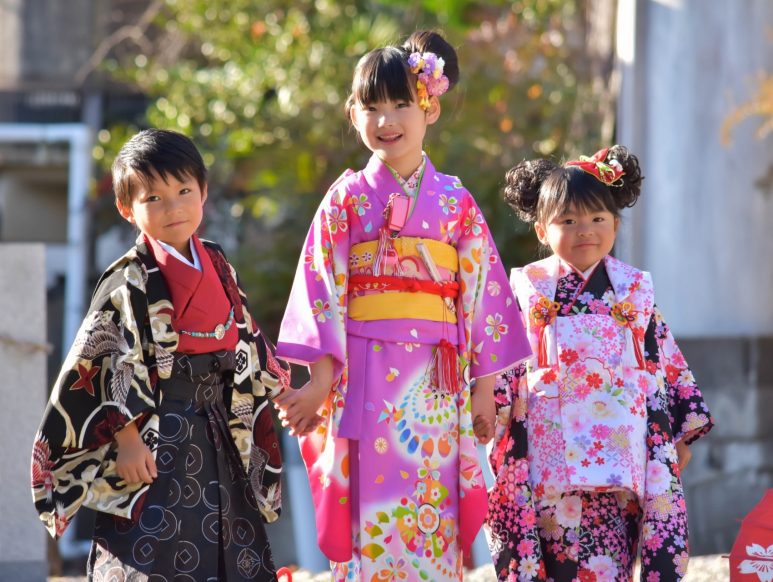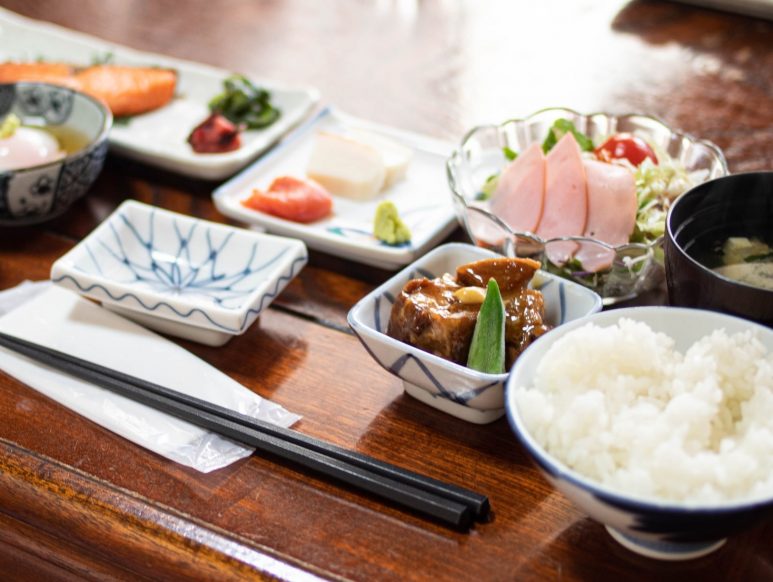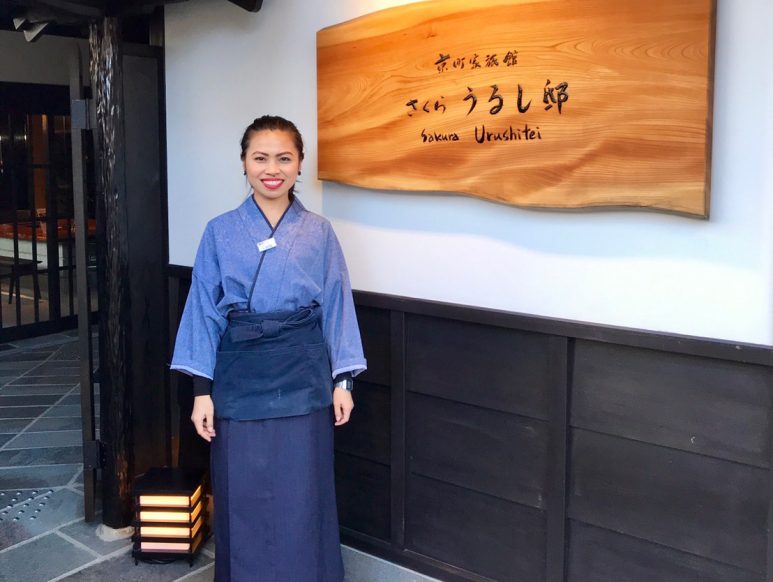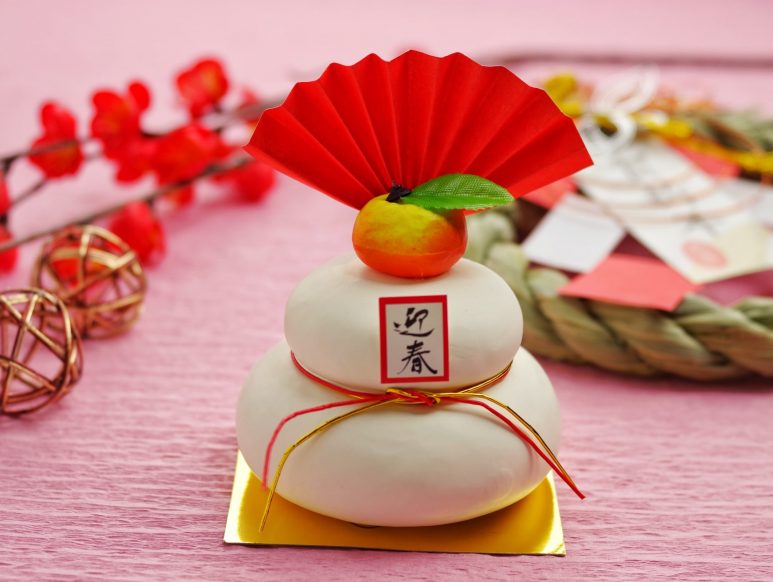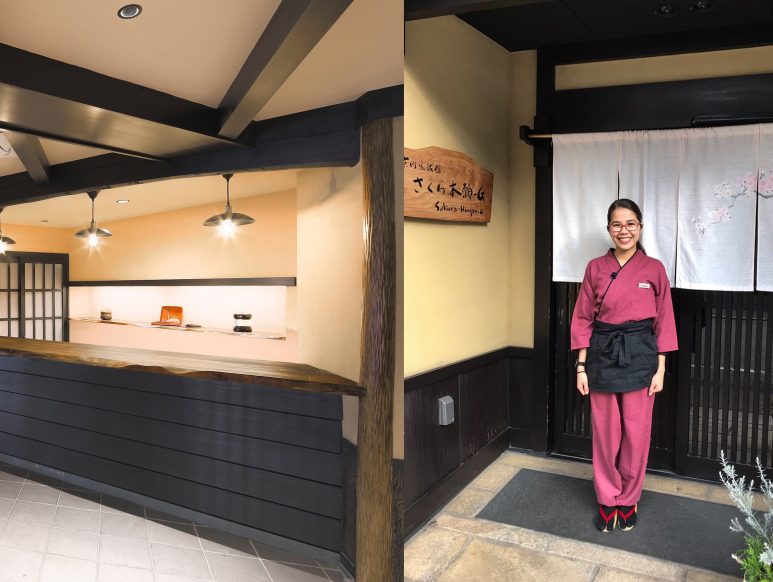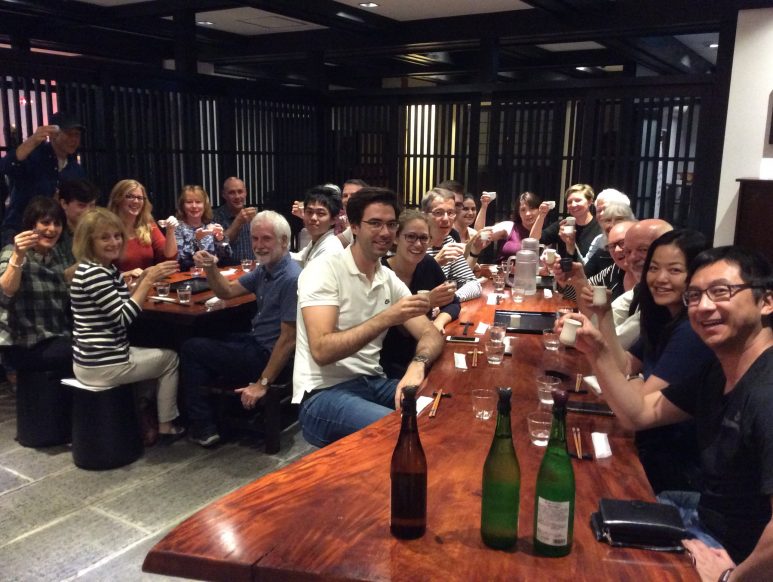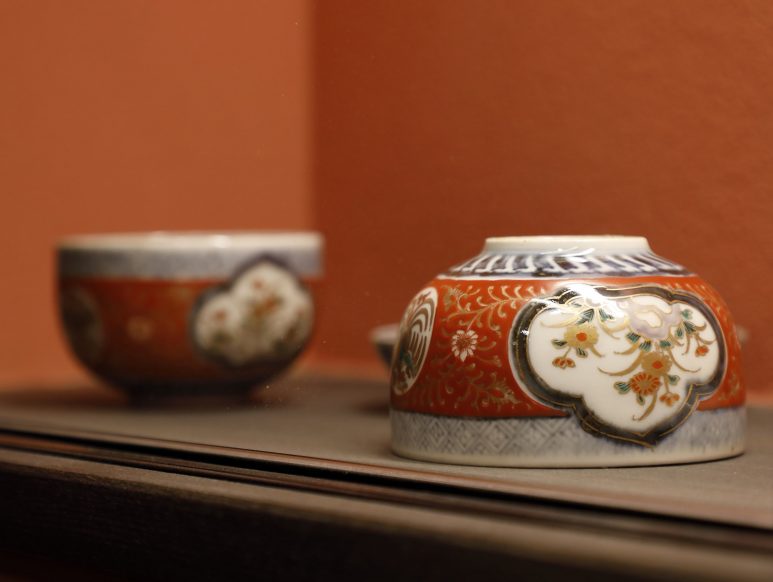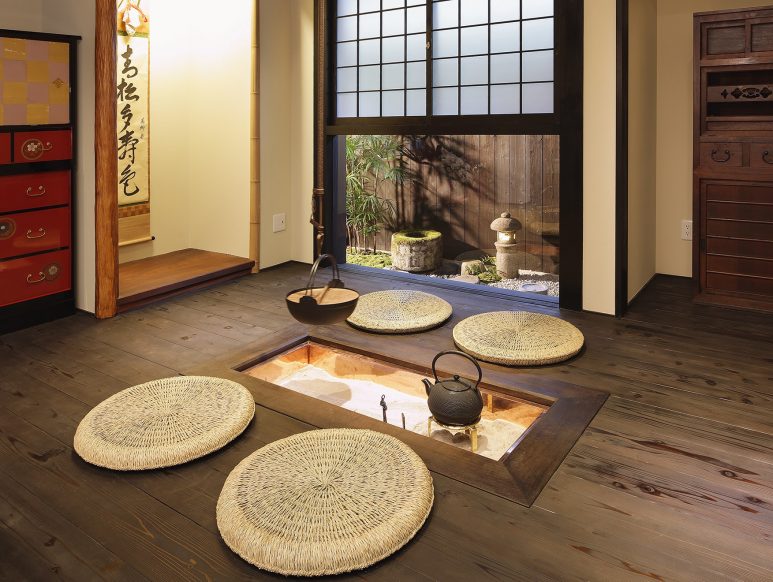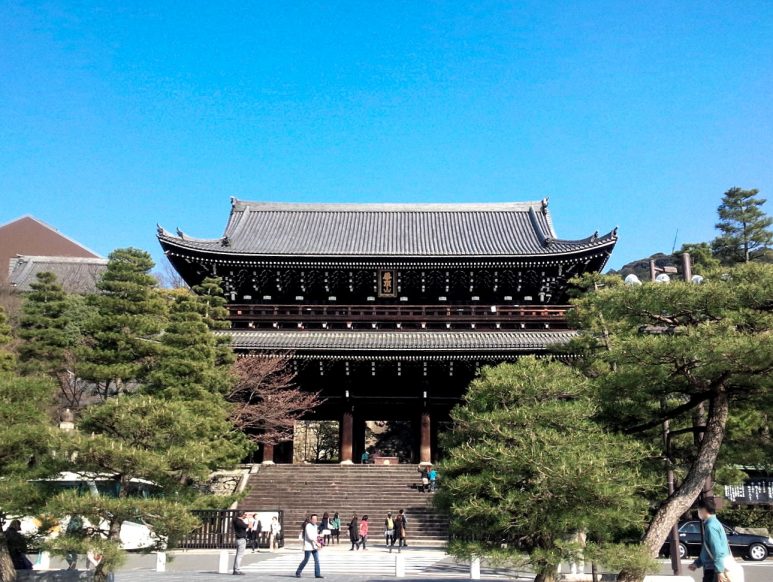Sep 24, 2019
- Kyoto
- Sakura Hongan-G
- Sakura Urushitei
Sake Tasting Kyoto – The most cozy events to learn more about Sake
Please join one of our Sake tasting Kyoto events during your stay. Meet other guests while learning more about this traditional Japanese drink (known as nihonshu), a drink made from fermented rice. Try four different types of Japanese sake and learn all about the process of making it, starting from the foundations of high-quality rice, water, and koji.
Do you have any idea “How the difference of sake rice affects the taste of sake?”
When choosing wine, people check which kind of grapes are used. However, when you choose sake, have you checked which sake rice is used?
Serving sake
Sake is served out of porcelain flasks that are known as tokkuri. They pure it into small ceramic cups called sakazuki or choko. Chilled sake may also be served in wine glasses. For special occasions and rituals, the drink is poured into cups that are saucer-like. An interesting way of serving this drink is in a masu. Masu is a small box that is used to measure rice. Place the cup inside the box and serve the sake in the cup. The masu may also be placed on the saucer-like cup. To indicate generosity the pur the sake in a manner that it fills both the containers.
Sake may be served at room temperature, warm, hot or chilled. This often depends on the season, the quality of the alcohol and the drinker’s preference. On cold winter evenings you may prefer hot sake and on hot humid days chilled sake would be enjoyable. Top quality sake is not served hot, as the heat causes loss of flavor and aroma. It is best to store bottles of sake in cool, dark and dry area and it is best to finish an opened bottle of the alcohol.
Drinking sake
If you aren’t drinking alone, sake should be served to you and vice versa. When your friend or the server pours the sake do hold your cup slightly ahead. Similarly, if you wish to request a refill, hold out your cup, slightly. Don’t forget to return the favor for your dining partners. Kampai is the toast that usually goes with drinking this traditional Japanese brew. Hold the cup close to your face and take in the aroma. Take a small sip, and let it linger in your mouth before you swallow it.
If you wish to warm your sake, simply place the tokkuri in a pan of boiling water. About 40-45 degrees Celsius is a good temperature to enjoy this drink. Some people like to mix their sake with fruit juices and with other liqueurs. It is important to note that it is a potent alcohol and you need to be sure you can consume and hold your drink. This is especially true of sweet sake, that you may enjoy consuming quickly.
Sake is quite enjoyable with food. Some people think that it should not be served with sushi because of the presence of rice in both, food and drink. However, there are no rules to suggest that you cannot enjoy your brew as you relish your sushi. The drink goes down particularly well with spicy dishes. The contrast in flavors is rather interesting and pleasurable. Experts recommend Junmai with seafood and sushi, while Junmai Daiginjo goes well with meats.
Here you can see the schedule of our upcoming events in Kyoto:
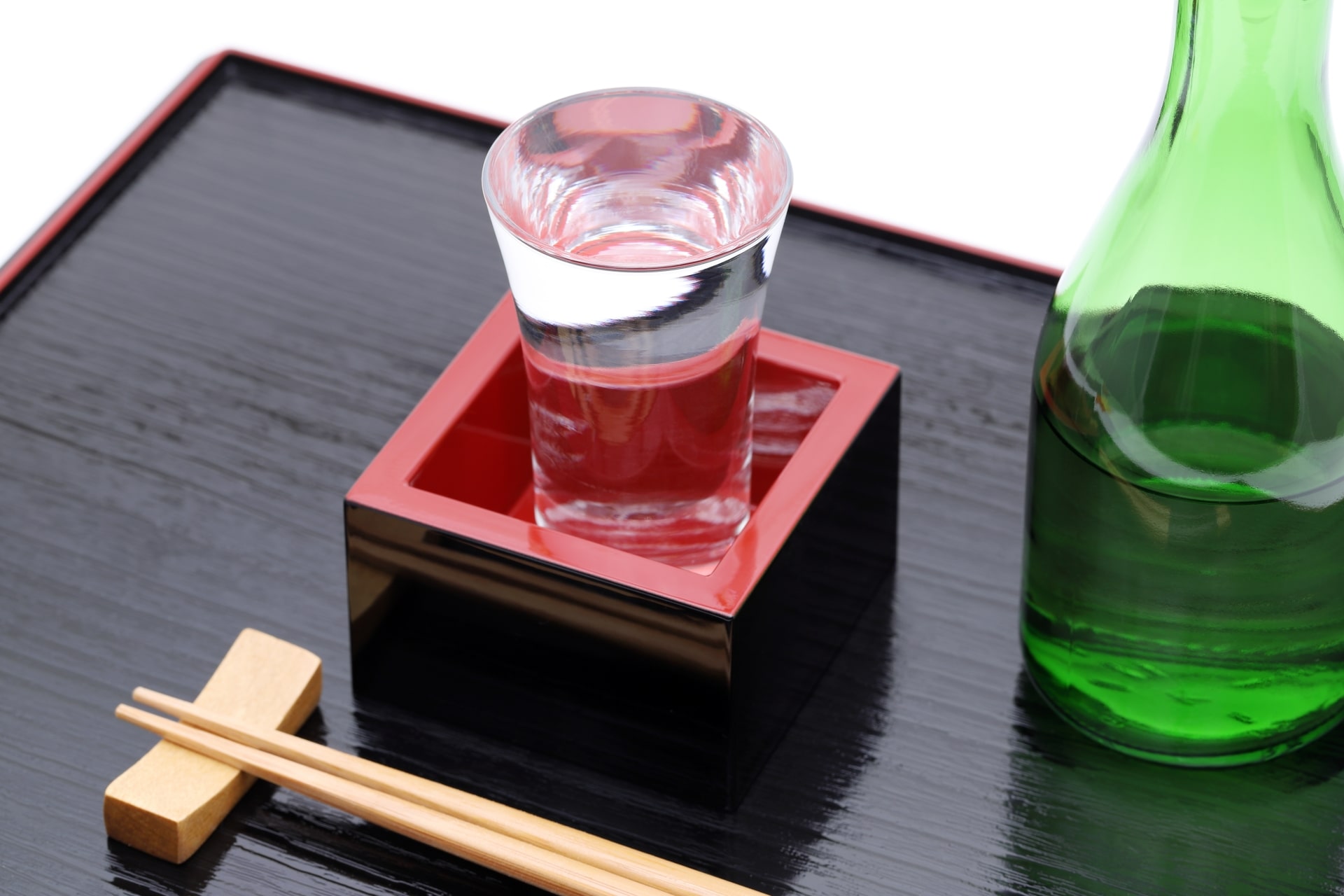
Sake tasting Kyoto – event schedule
SEPTEMBER
14 – Sakura Urushitei
21 – Sakura Hongan-G
28 – Sakura Hongan-G
OCTOBER
5 – Sakura Urushitei
12 – Sakura Urushitei
19 – Sakura Hongan-G
26 – Sakura Hongan-G
NOVEMBER
2 – Sakura Urushitei
9 – Sakura Urushitei
16 – Sakura Hongan-G
30 – Sakura Hongan-G
See you soon in Kyoto! Kanpai!


